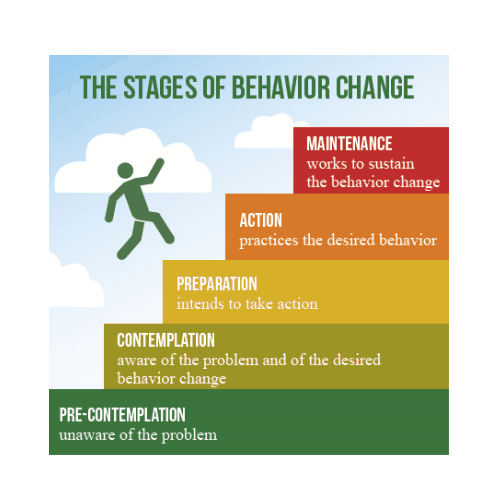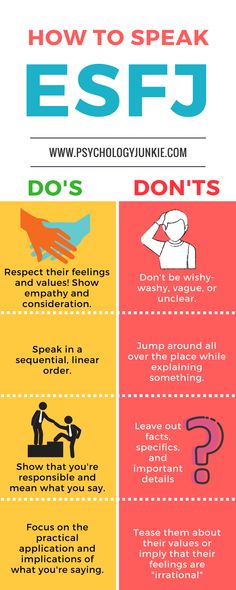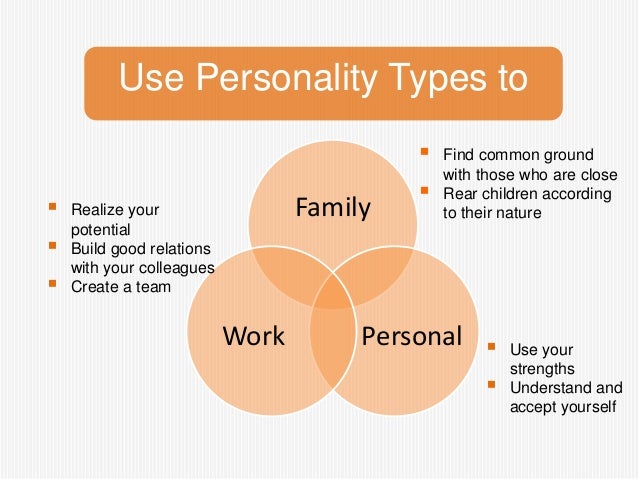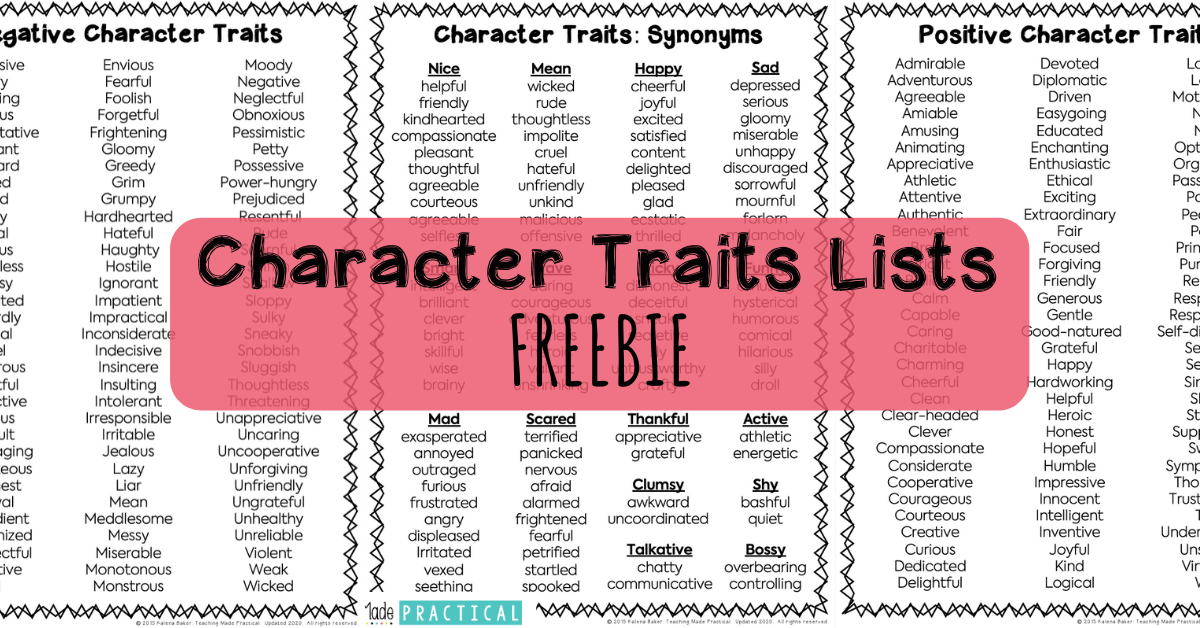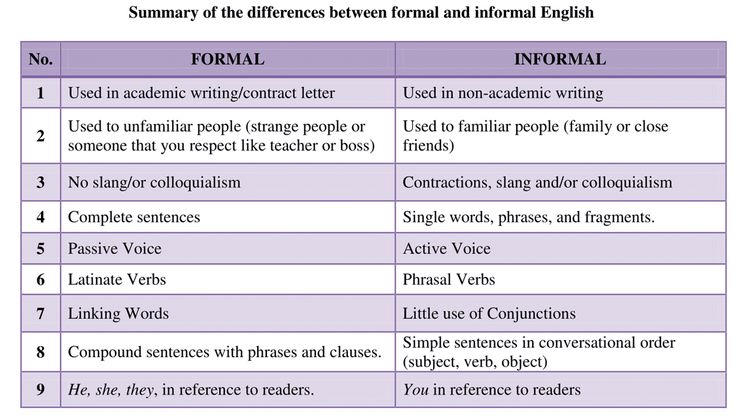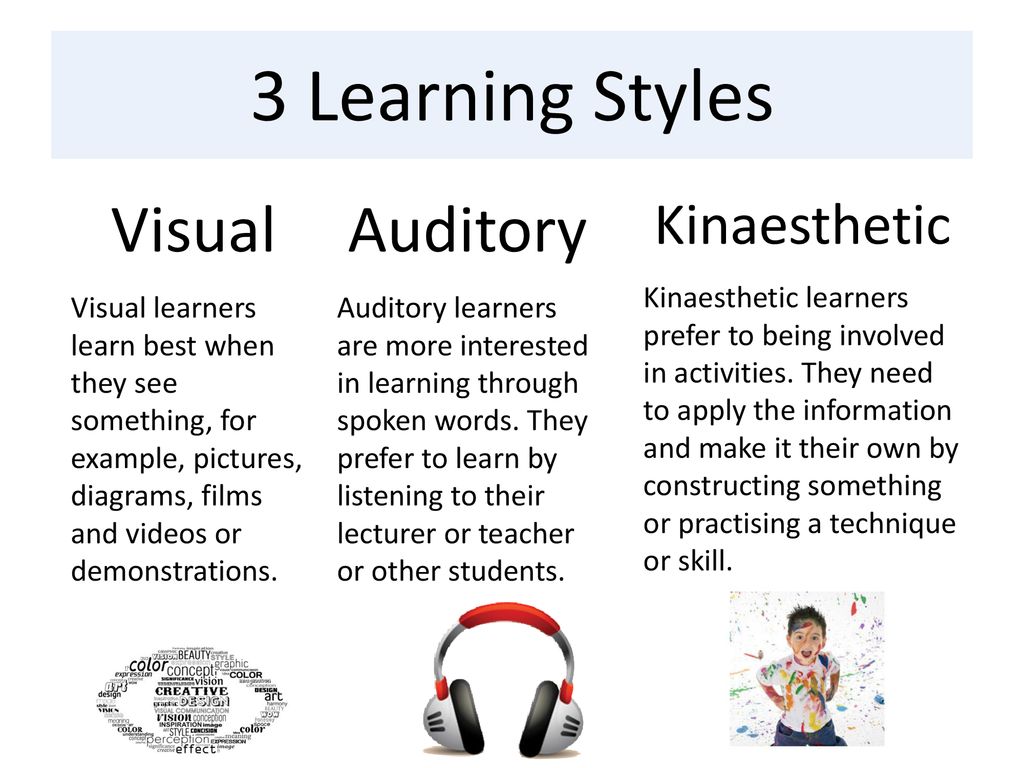Does gaba help you sleep
GABA for Sleep: Dosage and Side Effects
What you need to know about this popular supplement for sleep, stress and anxiety
GABA is one of the supplements I get asked a lot by patients, often with looks of confusion on their faces. I think the confusion comes from the fact that GABA is both a chemical produced within body AND a supplement that’s made for ingestion. Unlike melatonin, which is also produced within the body and as a supplement, GABA isn’t nearly as well known—nor has it received nearly the amount of scientific attention as melatonin supplement. Given the interest and popularity of GABA—and the importance of the body’s own GABA to sleep, mood, and health—it’s definitely worth spending some time talking about.
What is GABA?
GABA (full name, Gamma-Aminobutyric acid) is an amino acid produced naturally in the brain. GABA functions as a neurotransmitter, facilitating communication among brain cells. GABA’s big role in the body is to reduce the activity of neurons in the brain and central nervous system, which in turn has a broad range of effects on the body and mind, including increased relaxation, reduced stress, a more calm, balanced mood, alleviation of pain, and a boost to sleep.
Many medications interact with GABA and GABA receptors in the brain, altering their function to achieve certain effects, often relaxation, pain relief, stress and anxiety reduction, lowering blood pressure, and improving sleep. Barbiturates, anesthetics, benzodiazepines, anti-depressants and anti-seizure medications are some of the medications that target GABA.
In addition, a number of natural supplements affect GABA activity, to help relieve stress and anxiety, promote a balanced mood, and help with sleep. I’ve written about valerian and hops, magnesium, and L-theanine, all of which have an effect on the brain’s GABA activity. Other natural supplements that may affect the brain’s GABA activity include L-arginine, kava, passionflower, American ginseng and others.
GABA is found naturally in varieties of green, black, and oolong tea, as well as in fermented foods including kefir, yogurt and tempeh. Other foods contain GABA or may boost its production in the body, including whole grains, fava, soy, lentils and other beans, nuts including walnuts, almonds and sunflower seeds, fish, including shrimp and halibut, citrus, tomatoes, berries, spinach, broccoli, potatoes, and cocoa.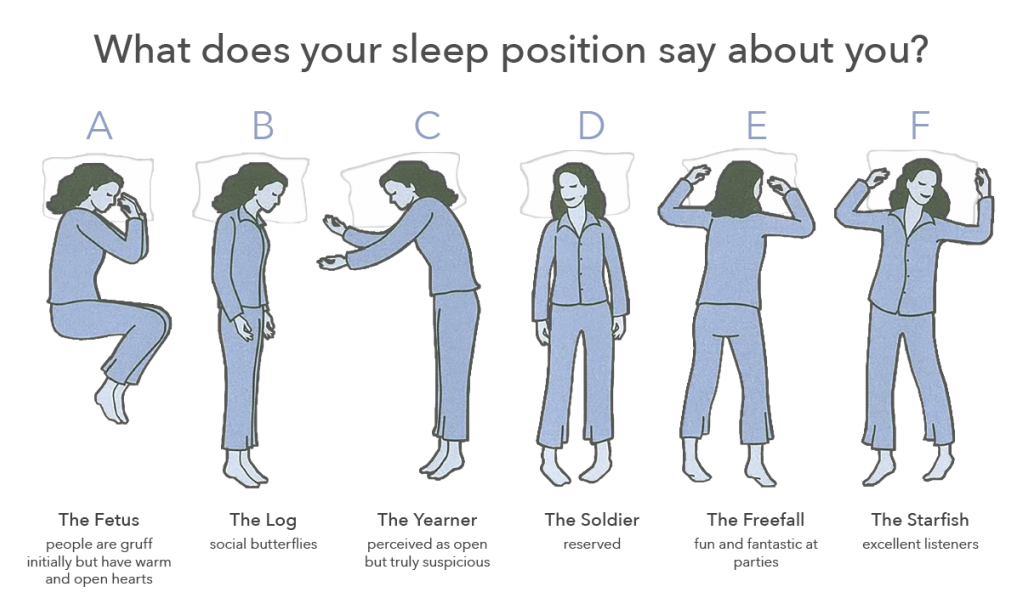
GABA is also available as a supplement. GABA supplements are often used to treat high blood pressure, stress and anxiety, and sleep, as well as to stimulate the body’s natural growth hormone, often by athletes.
How does GABA work?
I call GABA the brakes of the brain. GABA is the body’s most important inhibitory neurotransmitter, which means it lowers the activity of neural cells in the brain and central nervous system, having the effect of moving the brain and the body into lower gear. By inhibiting neural activity, GABA facilitates sleep, reduces mental and physical stress, lowers anxiety, and creates a calmness of mood. GABA also plays an important role in regulating muscle tone. In combination with glutamate, the body’s most important excitatory neurotransmitter, GABA is an important contributor to the body’s overall mental and physical homeostasis, or balance.
GABA plays a role in the healthy functioning of the body’s immune and endocrine systems, as well as in the regulation of appetite and metabolism. There’s also interesting emerging research about GABA’s role in gut health and gastrointestinal function, where it may work to support motility, control inflammation and support immune system function, and help to regulate hormone activity.
There’s also interesting emerging research about GABA’s role in gut health and gastrointestinal function, where it may work to support motility, control inflammation and support immune system function, and help to regulate hormone activity.
Low GABA activity in the body can result in:
- Anxiety
- Chronic stress
- Depression
- Difficulty concentrating and memory problems
- Muscle pain and headaches
- Insomnia and other sleep problems
Low GABA activity is also associated with substance use disorders.
There is ongoing investigation and debate about how GABA supplements work in the body, and how their mechanisms of action may differ from the body’s own internally-produced GABA. Specifically, scientists have not reached consensus about whether, or how effectively, supplemental GABA crosses what’s known as the blood-brain barrier—meaning, how well it moves from the bloodstream directly into the brain. There remains real need for additional research into the effects of supplemental GABA, including how GABA may affect the nervous system via the gut.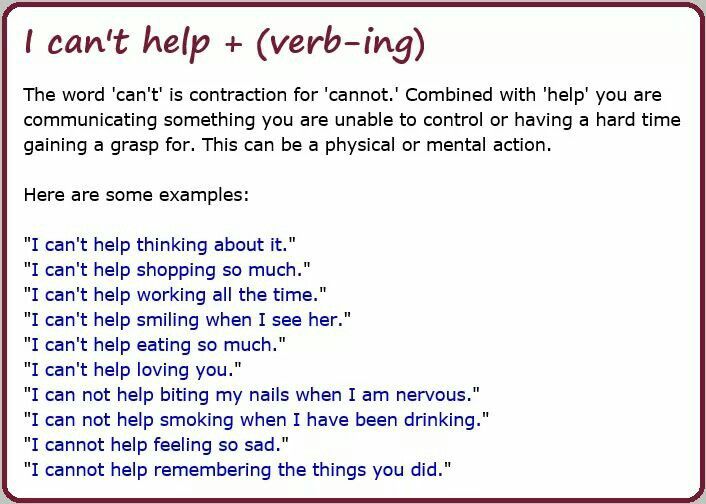 Below, I’ll talk about what science tells us today about the potential effectiveness of GABA supplements for sleep and other conditions.
Below, I’ll talk about what science tells us today about the potential effectiveness of GABA supplements for sleep and other conditions.
Benefits of GABA
For sleep: The body’s own GABA activity is important for sleep. GABA enables the body and mind to relax and fall asleep, and sleep soundly throughout the night. Low GABA activity is linked to insomnia and disrupted sleep. In one study, GABA levels in people with insomnia were almost 30 percent lower than in people without the sleep disorder. And these low GABA levels also corresponded to more restless, wakeful sleep. Big-pharma sleep medications including those with zolpidem (Ambien and others) and eszopiclone (Lunesta and others) target the body’s GABA system to increase sedation and sleep. Research indicates that one negative side effect of these sleep medications—hallucinations—may result from their alterations to GABA activity.)
There’s relatively limited research that investigates the direct benefits of supplemental GABA for sleep. Some recent research suggests that GABA produced in fermented food may increase sleep time and decrease the time it takes to fall asleep. Another recent study showed a combination of GABA and 5-HTP may together improve sleep quality and increase sleep time. Given the importance of GABA to the body’s sleep patterns, more research into the effects of GABA supplements on sleep is sorely needed!
Some recent research suggests that GABA produced in fermented food may increase sleep time and decrease the time it takes to fall asleep. Another recent study showed a combination of GABA and 5-HTP may together improve sleep quality and increase sleep time. Given the importance of GABA to the body’s sleep patterns, more research into the effects of GABA supplements on sleep is sorely needed!
For stress and anxiety: As a natural chemical the body produces, GABA’s primary role is to diminish the activity of neurons in the brain and central nervous system, which puts the body in a greater state of relaxation, and alleviates stress and anxiety. Supplemental GABA may benefit sleep by aiding relaxation and providing relief from anxiety and stress. There remains debate among scientists about supplemental GABA’s effectiveness in reducing anxiety and stress, because of longstanding questions over supplemental GABA’s ability to enter the brain from the bloodstream. (It’s important to note that GABA, in supplement form, may have other ways of relaxing the body and relieving, including possibly through GABA’s activity in the gut microbiome.)
(It’s important to note that GABA, in supplement form, may have other ways of relaxing the body and relieving, including possibly through GABA’s activity in the gut microbiome.)
While that scientific debate goes on, some studies have shown GABA to be effective in lowering anxiety and boosting relaxation. One small study of a group of 13 adults showed GABA effective as a relaxant and anxiety reliever, with slowed brain waves seen within an hour of taking the supplement. This study also found a boost to immune system also occurred with GABA, suggesting supplemental GABA may enhance immunity in people who are undergoing mental stress.
Another larger study investigated the effects of 100 milligrams of GABA among a group of people who’d recently undertaken a stressful mental task. Scientists measured a slowing down of brain waves in the people who’d taken GABA, pointing to an alleviation of mental stress. Another study tested the effects of GABA in people who were about to take a stressful math test. People who ate chocolate infused with GABA rebounded more quickly from the test-related stress, including stress-lowering changes to heart-rate variability.
People who ate chocolate infused with GABA rebounded more quickly from the test-related stress, including stress-lowering changes to heart-rate variability.
For high blood pressure: GABA supplements are sometimes used by people as a natural way to lower blood pressure. There is scientific evidence indicating that GABA may work to reduce high blood pressure. In one study of people with borderline high blood pressure, 12 weeks of use of the supplement chlorella, a type of algae that is rich in GABA, significantly lowered blood pressure. In addition to being important on its own, maintaining a healthy blood pressure can also help protect your sleep. A natural drop in blood pressure at night is one part of the body’s progression into sleep. High blood pressure can be a sign of hyper-arousal, a state of physical alertness and vigilance that can make it difficult to fall asleep and stay asleep. Poor sleep and sleep disorders, particularly sleep apnea, contribute to high blood pressure, and can lead to the kind of hypertension that is difficult to treat.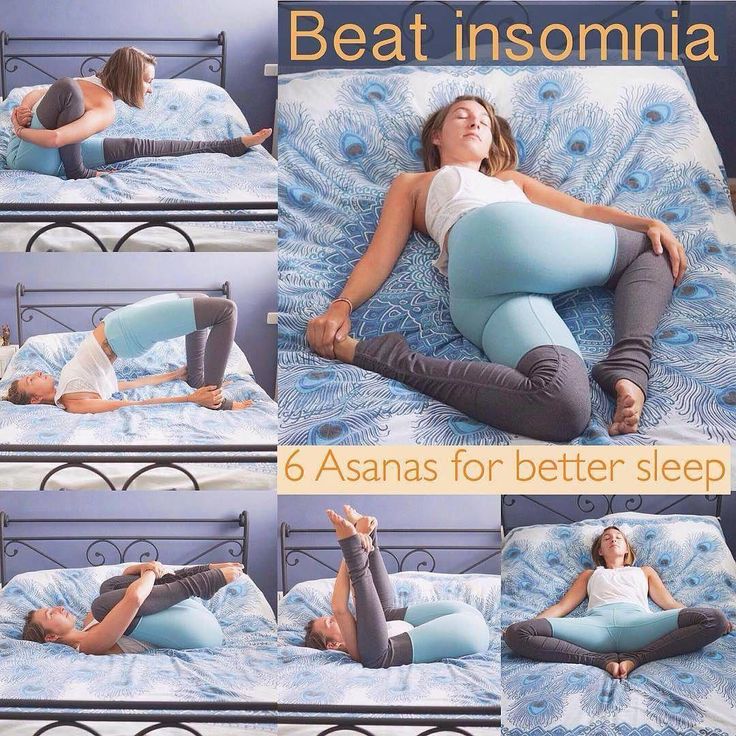
GABA: what to know
Always consult your doctor before you begin taking a supplement or make any changes to your existing medication and supplement routine. This is not medical advice, but it is information you can use as a conversation-starter with your physician at your next appointment.
GABA dosing
The following doses are based on amounts that have been investigated in scientific studies. In general, it is recommended that users begin with the lowest suggested dose, and gradually increase as needed.
For sleep, stress and anxiety: 100-200 mg and higher doses, in scientific studies. Individual dosing and length of use will vary.
For high blood pressure: 10-20 mg, in scientific studies.
Possible side effects of GABA
GABA oral supplements are generally well tolerated by healthy adults. Some people may experience negative side effects, including:
- Gastric distress
- Nausea
- Diminished appetite
- Constipation
- Burning throat
- Drowsiness and fatigue
- Muscle weakness
- Shortness of breath, at very high doses
GABA interactions
These are commonly used medications and supplements that have scientifically-identified interactions with GABA. People who take these or any other medications and supplements should consult with a physician before beginning to use GABA as a supplement.
People who take these or any other medications and supplements should consult with a physician before beginning to use GABA as a supplement.
Interactions with medications
High blood pressure medications. GABA can lower blood pressure. If you take GABA in addition to taking blood pressure medication, your blood pressure may drop too low.
Anti-depressant medications. People taking anti-depressant medications should consult with their physicians before taking GABA.
Neurally-active medications. People taking medications that affect brain activity should consult their physicians before taking GABA.
Interactions with other supplements
Herbs and supplements that may lower blood pressure. Because GABA may lower your blood pressure, if you take GABA along with other herbs or supplements that also may lower blood pressure, the combination may lead to your blood pressure dropping too low.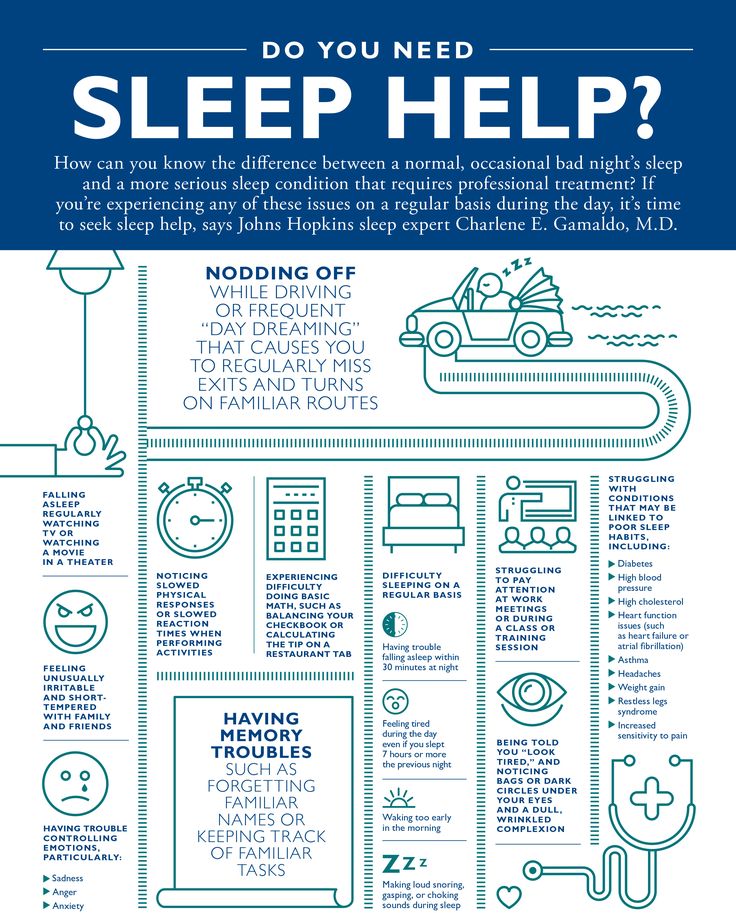
Herbs and supplements that lower blood pressure include, but are not limited to:
- Cocoa
- Alpha-linolenic acid
- Blond psyllium, and other fiber supplements
- Cod liver oil
- Magnesium
- Calcium
- Potassium
- Folic acid
- Coenzyme Q10
- L-arginine
- Garlic
- Omega-3 fatty acids
I’ve seen patients experience relief from anxiety, reduced stress, and improved sleep via the relaxing impact of supplemental GABA. I don’t think we’ve seen nearly enough research to have a sufficient understanding of how GABA supplements might affect stress, mood, and sleep, or other ways GABA as a supplement may benefit emotional, cognitive, and physical health.
About The Author
Michael Breus, Ph.D is a Diplomate of the American Board of Sleep Medicine and a Fellow of The American Academy of Sleep Medicine and one of only 168 psychologists to pass the Sleep Medical Specialty Board without going to medical school.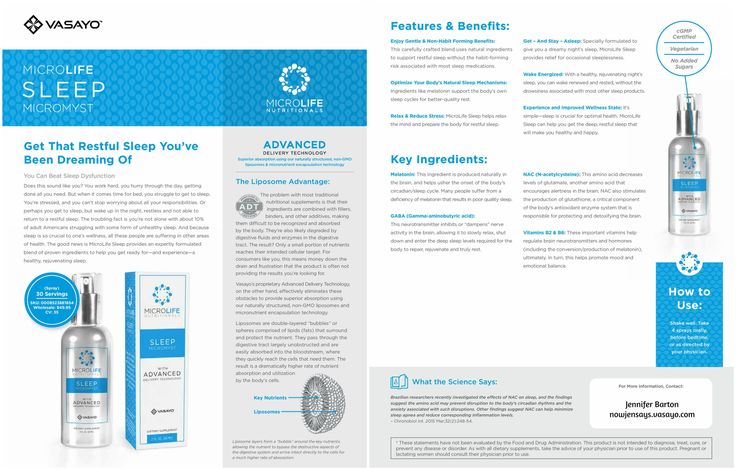 Dr. Breus is a sought after lecturer and his knowledge is shared daily in major national media worldwide including Today, Dr. Oz, Oprah, and for fourteen years as the sleep expert on WebMD. Dr. Breus is the bestselling author of The Power of When, The Sleep Doctor’s Diet Plan, and Good Night!
Dr. Breus is a sought after lecturer and his knowledge is shared daily in major national media worldwide including Today, Dr. Oz, Oprah, and for fourteen years as the sleep expert on WebMD. Dr. Breus is the bestselling author of The Power of When, The Sleep Doctor’s Diet Plan, and Good Night!
- Position: Combination Sleeper
- Temperature: Hot Sleeper
- Chronotype: Wolf
3 Amazing Benefits of GABA
GABA is one of the supplements patients ask me about a lot, often with looks of confusion on their faces. I think the confusion comes from the fact that GABA is both a chemical produced within the body and a supplement that’s made for ingestion. Unlike melatonin, which is also produced within the body and as a supplement, GABA isn’t nearly as well known—nor has it received nearly the amount of scientific attention. Given the interest and popularity of GABA—and the importance of the body’s own GABA for mood, and health—it’s definitely worth spending some time talking about.
What is GABA?
Gamma-Aminobutyric acid is an amino acid produced naturally in the brain. GABA functions as a neurotransmitter, facilitating communication among brain cells. GABA’s big role in the body is to reduce the activity of neurons in the brain and central nervous system, which in turn has a broad range of effects on the body and mind, including increased relaxation, reduced stress, a more calm, balanced mood, alleviation of pain, and a boost to sleep.
Many medications interact with GABA and GABA receptors in the brain, altering their function to achieve certain effects, typically relaxation, pain relief, stress, and anxiety reduction, lower blood pressure, and improved sleep. Barbiturates, anesthetics, benzodiazepines, antidepressants, and anti-seizure medications are some of the medications that target GABA.
A number of natural supplements also affect GABA activity, to help relieve stress and anxiety, promote a balanced mood, and help with sleep. I’ve written about valerian and hops, magnesium, and L-theanine, all of which have an effect on the brain’s GABA activity.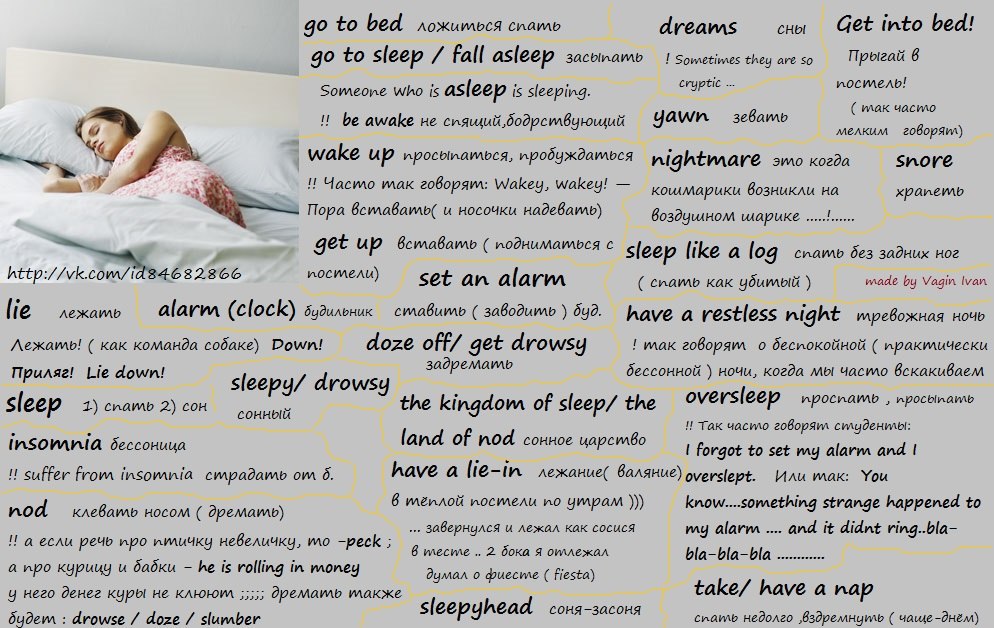 Other natural supplements that may affect GABA activity include L-arginine, kava, passionflower, and American ginseng.
Other natural supplements that may affect GABA activity include L-arginine, kava, passionflower, and American ginseng.
GABA is found naturally in varieties of green, black, and oolong tea, as well as in fermented foods including kefir, yogurt, and tempeh. Other foods contain GABA or may boost its production in the body, including whole grains, fava beans, soy, lentils, and other beans; nuts including walnuts, almonds, and sunflower seeds; fish including shrimp and halibut; citrus, tomatoes, berries, spinach, broccoli, potatoes, and cocoa.
GABA is also available as a supplement. GABA supplements are often used to treat high blood pressure, stress and anxiety, and sleep, as well as to stimulate the body’s natural growth hormone, often by athletes.
How does GABA work?
I call GABA the brakes of the brain. It is the body’s most important inhibitory neurotransmitter, which means it lowers the activity of neural cells in the brain and central nervous system, having the effect of moving the brain and the body into lower gear.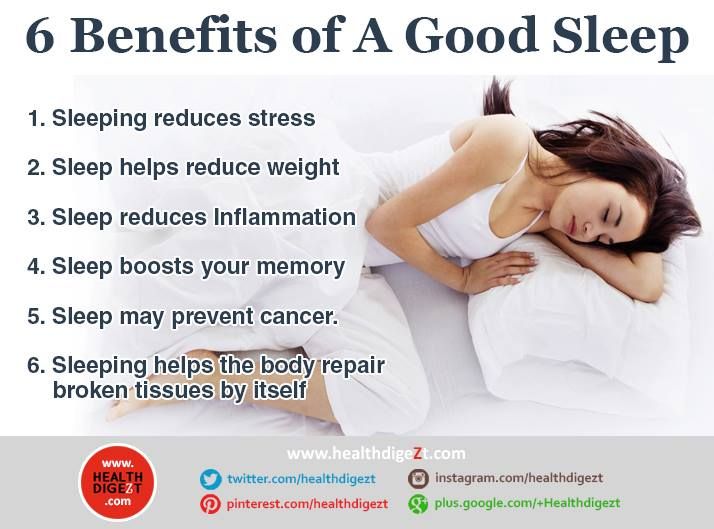 By inhibiting neural activity, GABA facilitates sleep, reduces mental and physical stress, lowers anxiety, and creates a calmness of mood. GABA also plays an important role in regulating muscle tone. In combination with glutamate, the body’s most important excitatory neurotransmitter, GABA is an important contributor to the body’s overall mental and physical homeostasis, or balance.
By inhibiting neural activity, GABA facilitates sleep, reduces mental and physical stress, lowers anxiety, and creates a calmness of mood. GABA also plays an important role in regulating muscle tone. In combination with glutamate, the body’s most important excitatory neurotransmitter, GABA is an important contributor to the body’s overall mental and physical homeostasis, or balance.
GABA plays a role in the healthy functioning of the body’s immune and endocrine systems, as well as in the regulation of appetite and metabolism. There’s also interesting emerging research about GABA’s role in gut health and gastrointestinal function, where it may work to support motility, control inflammation and support immune system function, and help regulate hormone activity.
Low GABA activity in the body can result in:
- Anxiety.
- Chronic stress.
- Depression.
- Difficulty concentrating and memory problems.
- Muscle pain and headaches.
- Insomnia and other sleep problems.
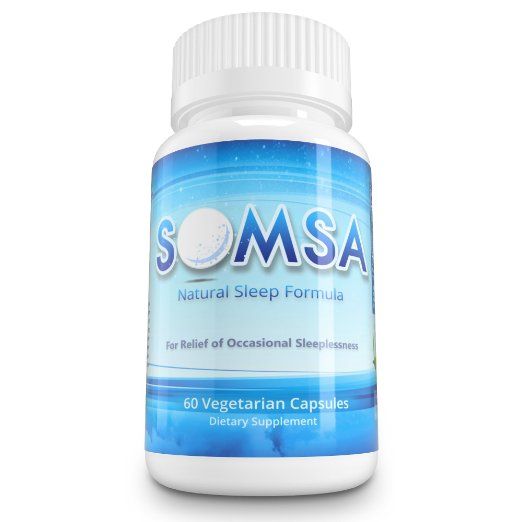
- Low GABA activity is also associated with substance use disorders.
There is ongoing investigation and debate about how GABA supplements work in the body, and how their mechanisms of action may differ from the body’s internally-produced GABA. Specifically, scientists have not reached consensus about whether, or how effectively, supplemental GABA crosses what’s known as the blood-brain barrier — meaning, how well it moves from the bloodstream directly into the brain. There remains real need for additional research into the effects of supplemental GABA, including how it may affect the nervous system via the gut.
Below, I’ll discuss what science tells us today about the potential effectiveness of GABA supplements for sleep and other conditions.
Benefits of GABA
For sleep: The body’s own GABA activity is important for sleep. GABA enables the body and mind to relax and fall asleep, and to sleep soundly throughout the night. Low GABA activity is linked to insomnia and disrupted sleep.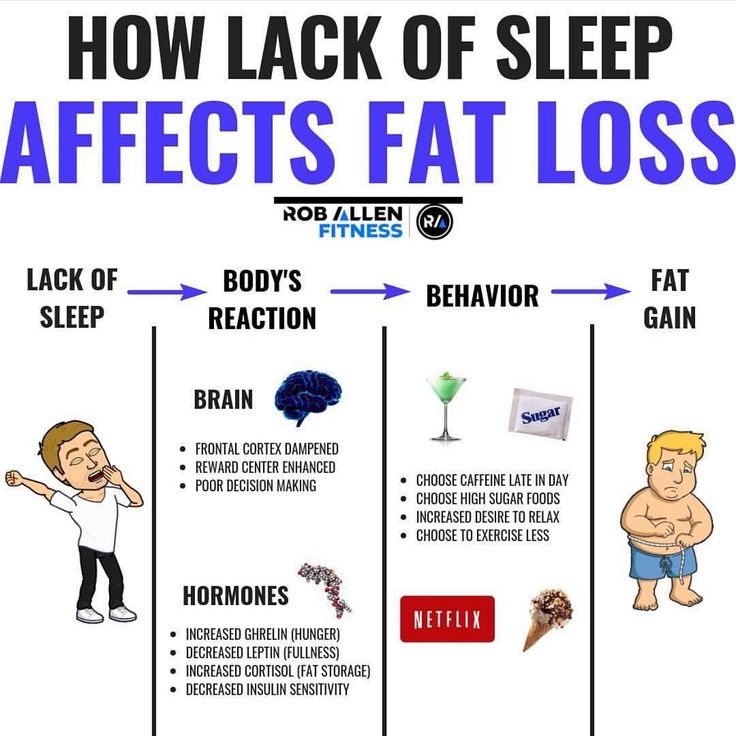 In one study, GABA levels in people with insomnia were almost 30 percent lower than in people without the sleep disorder. And these low GABA levels also corresponded to more restless, wakeful sleep. Sleep medications including those with zolpidem (Ambien and others) and eszopiclone (Lunesta and others) target the body’s GABA system to increase sedation and sleep. Research indicates that one negative side effect of these sleep medications — hallucinations — may result from their alterations to GABA activity.
In one study, GABA levels in people with insomnia were almost 30 percent lower than in people without the sleep disorder. And these low GABA levels also corresponded to more restless, wakeful sleep. Sleep medications including those with zolpidem (Ambien and others) and eszopiclone (Lunesta and others) target the body’s GABA system to increase sedation and sleep. Research indicates that one negative side effect of these sleep medications — hallucinations — may result from their alterations to GABA activity.
There’s relatively limited research on the direct benefits of supplemental GABA for sleep. Some recent research suggests that GABA produced in fermented food may increase sleep time and decrease the time it takes to fall asleep. Another recent study showed that a combination of GABA and 5-HTP may together improve sleep quality and increase sleep time. Given the importance of GABA to the body’s sleep patterns, more research into the effects of GABA supplements on sleep is sorely needed.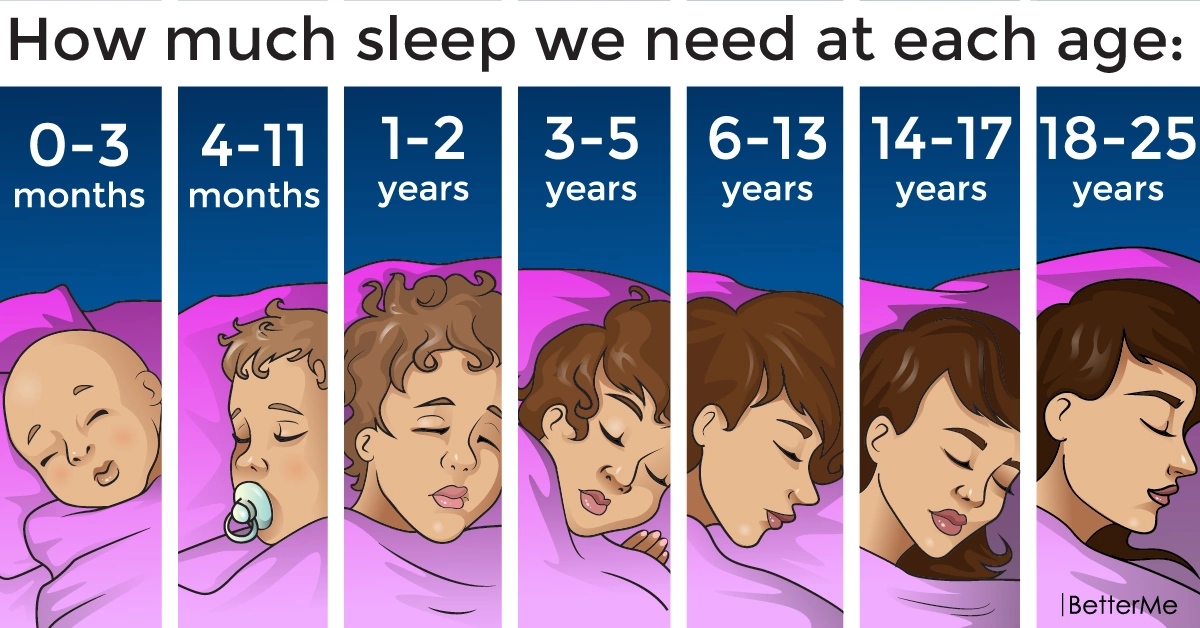
For stress and anxiety: As a natural chemical the body produces, GABA’s primary role is to diminish the activity of neurons in the brain and central nervous system, which puts the body in a greater state of relaxation and alleviates stress and anxiety. Supplemental GABA may benefit sleep by aiding relaxation and providing relief from anxiety and stress. There remains debate among researchers about supplemental GABA’s effectiveness in reducing anxiety and stress because of longstanding questions over supplemental GABA’s ability to enter the brain from the bloodstream. (It’s important to note that GABA, in supplement form, may have other ways of relaxing the body, including possibly through GABA’s activity in the gut microbiome.)
While the scientific debate goes on, some studies have shown GABA to be effective in lowering anxiety and boosting relaxation. One small study of 13 adults showed GABA to be effective as a relaxant and anxiety reliever, with slowed brain waves seen within an hour of taking the supplement.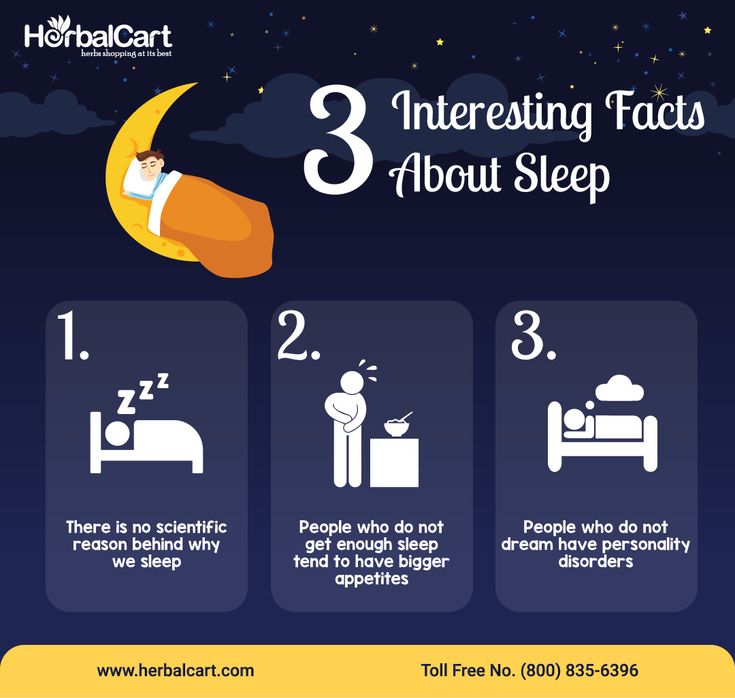 This study also found that a boost to the immune system also occurred with GABA, suggesting supplemental GABA may enhance immunity in people undergoing mental stress.
This study also found that a boost to the immune system also occurred with GABA, suggesting supplemental GABA may enhance immunity in people undergoing mental stress.
Another larger study investigated the effects of 100 milligrams of GABA among a group of people who’d recently undertaken a stressful mental task. Scientists measured a slowing down of brain waves in people who’d taken GABA, pointing to an alleviation of mental stress. Another study tested the effects of GABA in people who were about to take a stressful math test. Those who ate chocolate infused with GABA rebounded more quickly from test-related stress, including stress-lowering changes to heart-rate variability.
For high blood pressure: GABA supplements are sometimes used by people as a natural way to lower blood pressure. There is evidence indicating that GABA may work to reduce high blood pressure. In one study of people with borderline high blood pressure, 12 weeks of use of the supplement chlorella, a type of algae rich in GABA, significantly lowered blood pressure. In addition to being important on its own, maintaining healthy blood pressure can also help protect your sleep. A natural drop in blood pressure at night is one part of the body’s progression into sleep. High blood pressure can be a sign of hyperarousal, a state of physical alertness and vigilance that can make it difficult to fall asleep and stay asleep. Poor sleep and sleep disorders, particularly sleep apnea, contribute to high blood pressure, and can lead to the kind of hypertension that is difficult to treat.
In addition to being important on its own, maintaining healthy blood pressure can also help protect your sleep. A natural drop in blood pressure at night is one part of the body’s progression into sleep. High blood pressure can be a sign of hyperarousal, a state of physical alertness and vigilance that can make it difficult to fall asleep and stay asleep. Poor sleep and sleep disorders, particularly sleep apnea, contribute to high blood pressure, and can lead to the kind of hypertension that is difficult to treat.
What to know
Always consult your doctor before you begin taking a supplement or make any changes to your existing medication and supplement routine. This is not medical advice, but it is information you can use as a conversation starter with your physician.
Dosing
The following doses are based on amounts that have been investigated in scientific studies. In general, it is recommended that users begin with the lowest suggested dose, and gradually increase as needed.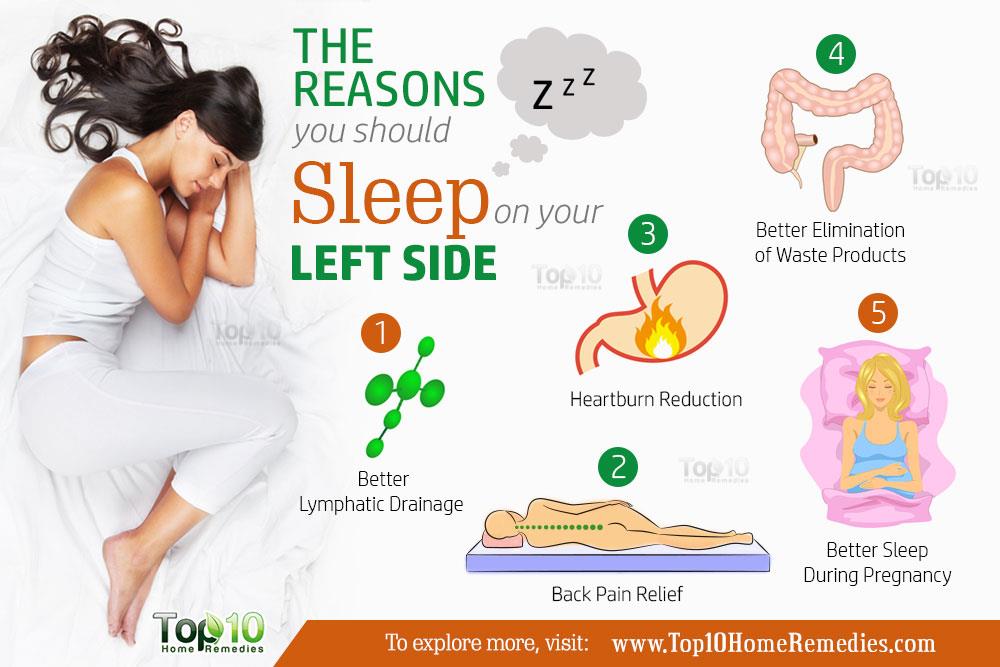
- For sleep, stress and anxiety: 100-200 mg and higher doses, in scientific studies. Individual dosing and length of use will vary.
- For high blood pressure: 10-20 mg, in scientific studies.
Possible side effects
GABA oral supplements are generally well tolerated by healthy adults. Some people may experience negative side effects, including:
- Gastric distress.
- Nausea.
- Diminished appetite.
- Constipation.
- Burning throat.
- Drowsiness and fatigue.
- Muscle weakness.
- Shortness of breath, at very high doses.
Interactions
These are commonly used medications and supplements that have scientifically-identified interactions with GABA. People who take these or any other medications and supplements should consult with a physician before beginning to use GABA as a supplement.
Interactions with medications
- High blood pressure medications. GABA can lower blood pressure.
 If you take GABA in addition to taking blood pressure medication, your blood pressure may drop too low.
If you take GABA in addition to taking blood pressure medication, your blood pressure may drop too low. - Antidepressant medications. People taking antidepressants should consult with their physician before taking GABA.
- Neurally-active medications. People taking medications that affect brain activity should consult their physician before taking GABA.
Interactions with other supplements
- Herbs and supplements that may lower blood pressure. Because GABA may lower your blood pressure, if you take GABA along with other herbs or supplements that also may lower blood pressure, the combination may lead to your blood pressure dropping too low.Herbs and supplements that lower blood pressure include, but are not limited to:
- Cocoa.
- Alpha-linolenic acid.
- Blond psyllium, and other fiber supplements.
- Cod liver oil.
- Magnesium.
- Calcium.
- Potassium.
- Folic acid.
- Coenzyme Q10.
- L-arginine.

- Garlic.
- Omega-3 fatty acids.
- Cocoa.
- Alpha-linolenic acid.
- Blond psyllium, and other fiber supplements.
- Cod liver oil.
- Magnesium.
- Calcium.
- Potassium.
- Folic acid.
- Coenzyme Q10.
- L-arginine.
- Garlic.
- Omega-3 fatty acids.
I’ve seen patients experience relief from anxiety, reduced stress, and improved sleep via the relaxing impact of supplemental GABA. I don’t think we’ve seen nearly enough research to have a sufficient understanding of how GABA supplements might affect stress, mood, and sleep, or other ways GABA as a supplement may benefit emotional, cognitive, and physical health. As we learn more—which I hope we do, soon—I’ll be sure to update you.
dosages, what to combine the supplement with, side effects
Supplements based on GABA (or GABA, gamma-aminobutyric acid) were actively used by athletes, but soon “ordinary” people became interested in them.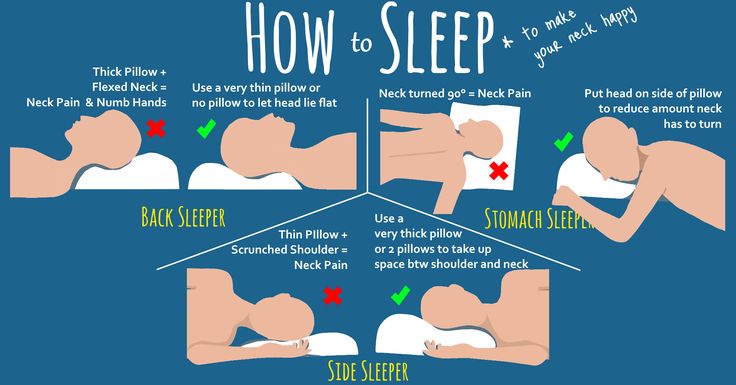 The secret is that, on the one hand, GABA stimulates the synthesis of somatotropin, a growth hormone, which makes it effective for building muscle mass and reducing subcutaneous fat. On the other hand, gamma-aminobutyric acid is an inhibitory neurotransmitter that helps our brain calm down and relax, and at the same time fall asleep faster. nine0004
The secret is that, on the one hand, GABA stimulates the synthesis of somatotropin, a growth hormone, which makes it effective for building muscle mass and reducing subcutaneous fat. On the other hand, gamma-aminobutyric acid is an inhibitory neurotransmitter that helps our brain calm down and relax, and at the same time fall asleep faster. nine0004
Why GABA supplements are needed
What effects do athletes get from GABA?
- Growth hormone stimulation has an anabolic effect on muscle tissue, in other words, the muscles begin to actively grow.
- On the other hand, growth hormone triggers the fat burning process, which improves relief and helps to lose weight.
What are the benefits of GABA for those who are not actively involved in sports?
- Reduces mental arousal and makes it easier to fall asleep.
- Improves cellular respiration and blood supply to the brain.
Taking GABA supplements has a positive effect on brain function, improving memory and mental clarity.
How to take
You should start taking the supplement with 500-1000 mg, then the dosage can be increased to 4 g. The visible effect is achieved from 2 g after a week of administration.
It should be borne in mind that it is best to take a GABA supplement before bed or after a workout, but not in the morning, as this may affect performance. nine0004
Important! GABA in addition to aminobutyric acid must contain vitamin B6. A deficiency in this vitamin can impair both the performance and absorption of a GABA supplement.
In the absence of vitamin B6 in the GABA complex, side effects can be observed in the form of increased nervousness and heart palpitations. You should be aware of other effects associated with the use of large doses: tingling in the limbs, breathing problems, increased heart rate.
At the first negative symptoms, the dosage should be reduced to 2 g. nine0004
The course should last up to 2 months, then you can take a two-week break.
Matching
In addition to B6, GABA can be taken along with 5-HTP, as well as magnesium and zinc, which are responsible for activating GABA receptors.
Share:
Must Read!
TOP supplements for healthy and sound sleep
05/27/2020
Sleep is the foundation of good health. The duration and quality of sleep directly affect the state of health. And the point is not only that without enough sleep you feel overwhelmed: lack of sleep weakens the immune system, disrupts the work of the cardiovascular and ...
Read more
How to improve sleep: taking melatonin for health benefits
05/21/2020
Many have heard about melatonin: it fights insomnia, improves the quality of sleep, and also helps our body adapt when changing time zones. It would seem that melatonin is a “magic pill” that will make our sleep stronger and . ..
..
Read more
How to choose 5-htp: features and applications
10/17/2019
The 5-htp supplement has recently gained popularity due to its "antidepressant" properties. 5-htp (5-hydrocystriptophan or simply tryptophan) is a serotonin precursor that is responsible for the stability of...
Read more
How to choose melatonin and why is it needed?
04/16/2019
Melatonin is a hormone that regulates human biological rhythms. It is often referred to as the “sleep hormone” or “hormone of the night”, and all because its concentration increases significantly at night, allowing a person to dive deep ...
Antistress
Available:
970 ₽
Gaba Prime Kraft
Gaba (Savor)
In stock:
690 ₽
Gaba (GAMK) What is how it works and what is the benefit of
Contents:
➦ What is gamma-aminobutyric acid (GABA)
➦ How does GABA work?
➦ What are the benefits of GABA?
➦ GABA for athletes
➦ GABA deficiency symptoms
➦ How to increase the level of Gamk?
➦ What is gamma-aminobutyric acid?
➦ The most popular dimensions in the phytomarket
➦ Savor in food products
➦ Gaba tea as a source of acid
➦ How to take the Gaba
➦ Side effects of GABA
➦ Answers to popular issues
among natural means, possessing anti-stress ability, gamma-aminobutyric acid preparations are becoming increasingly popular.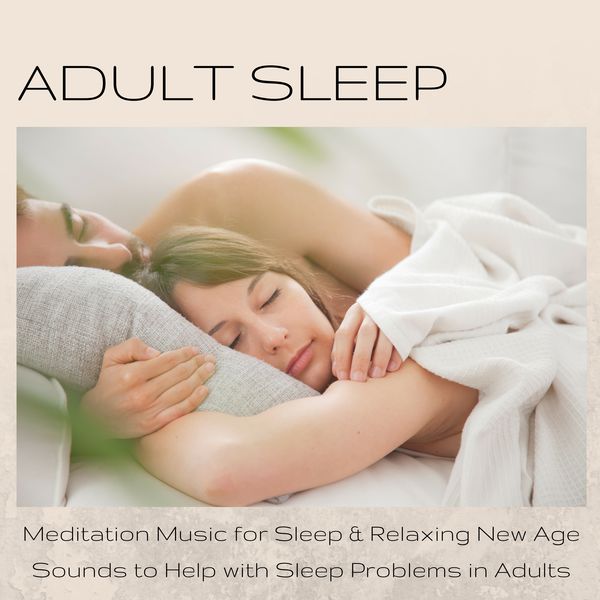 They are able to eliminate anxiety and improve sleep, they are also in demand in sports practice to enhance the growth of muscle mass. Learn about the benefits of this substance for the body and how it can be used in everyday life. nine0004
They are able to eliminate anxiety and improve sleep, they are also in demand in sports practice to enhance the growth of muscle mass. Learn about the benefits of this substance for the body and how it can be used in everyday life. nine0004
What is gamma-aminobutyric acid (GABA)
Gamma-aminobutyric acid (chemical formula C4H9NO2) or GABA is an organic substance that is synthesized by the body and is present in all areas of the brain. It is the main inhibitory neurotransmitter in the central nervous system, that is, it slows down the transmission of nerve impulses, and competes with glutamate, the main excitatory neurotransmitter, affecting approximately 30-40% of synaptic connections. In nature, this substance is present in some plants, such as valerian or green tea. nine0004
Neurotransmitters influence our thoughts, feelings, sensations. An imbalance between the main neurotransmitters (serotonin, dopamine, GABA and acetylcholine) can manifest itself in various psychological disorders.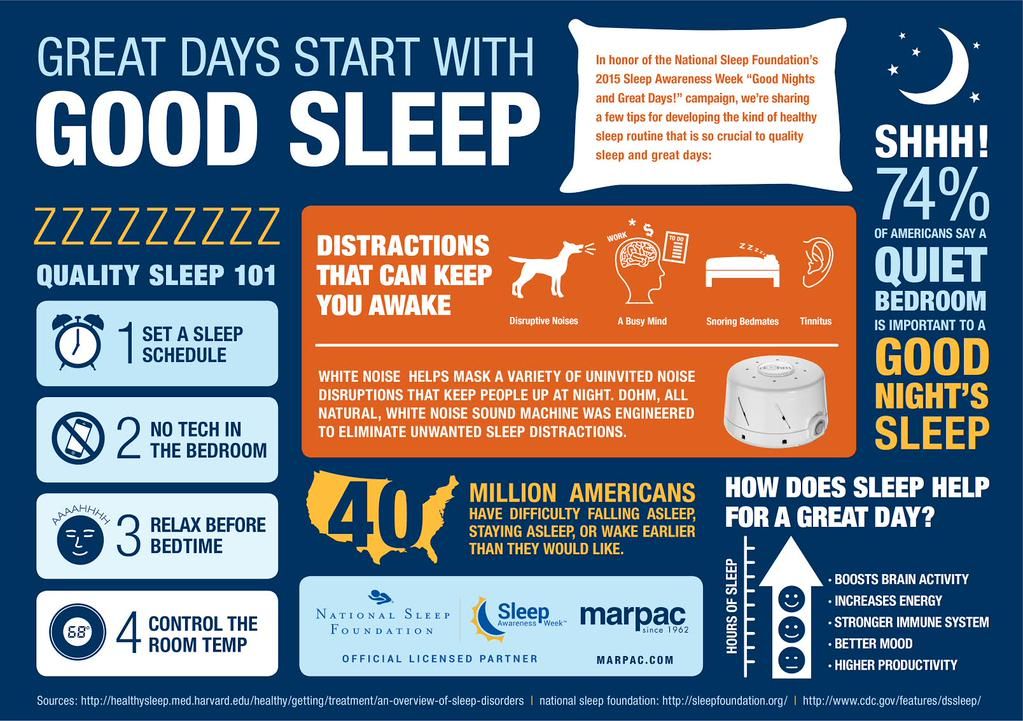
The main task of GABA is to block unnecessary information flows to create parity between the processes of excitation and inhibition in our brain, providing functions such as attention, motor and emotional control.
Gamma-aminobutyric acid receptors are found in high concentration in the cerebellum, thalamus and spinal cord. Moreover, recent studies have shown that GABA molecules are also present in the walls of the uterus, spermatozoa, retina, lungs and respiratory tract, as well as in the insulin-producing beta cells of the pancreas. nine0004
A bit of history
The presence of GABA in the brain became known in 1950, when the American scientist Eugene Roberts, while studying free amino acids, came across a compound whose migration on paper chromatograms did not correspond to any compound containing known amino acids. He drew attention to the presence of this substance in various tissues of the central nervous system: the brain, cerebellum and spinal cord of vertebrates and suggested a direct or indirect connection with the conduction of nerve signals. 7 years later, researchers in Canada reported that the unknown compound with neuronal inhibitory activity was GABA. A number of subsequent discoveries have determined its role in our brain. nine0004
7 years later, researchers in Canada reported that the unknown compound with neuronal inhibitory activity was GABA. A number of subsequent discoveries have determined its role in our brain. nine0004
How does GABA work?
GABA is an amino acid that occurs as a result of processes occurring in different cells and, above all, in nerve cells. The "chemistry" of the brain is such that the main brake for the mediator - gamma-aminobutyric acid is a product of the main excitatory neurotransmitter - glutamate, which produces it under the action of the enzyme glutamate decarboxylase (GAD), and vitamin B6 acts as a cofactor. It all happens in a part of the brain called the hippocampus. Maintaining a balance between these two neurotransmitters is a key condition for physical and mental health, as well as good mood. A low level of GABA leads to the development of anxiety, depression, impairs concentration, attention, and some cognitive functions. nine0004
To understand the role of GABA, it is important to know how it interacts with its receptor.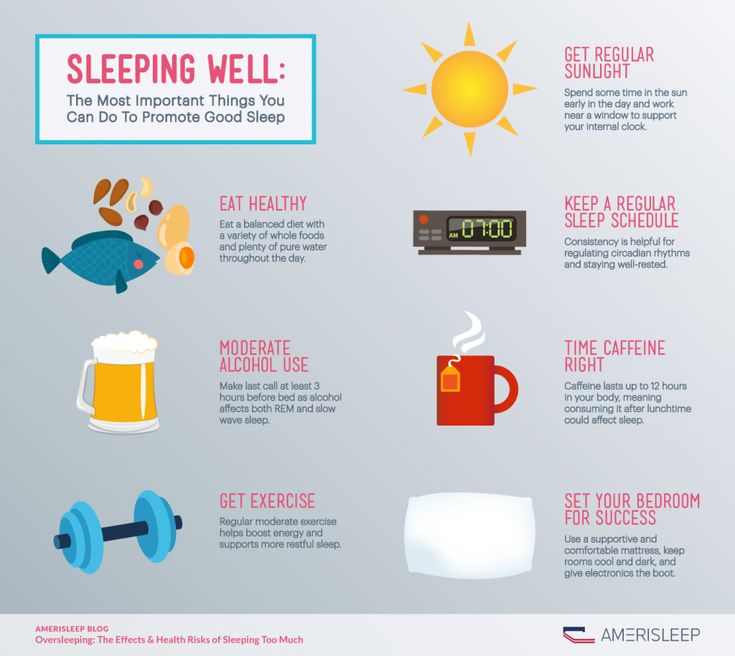 When GABA binds to the GABA receptor, the latter changes shape slightly, allowing ions to pass through its central channel. This leads to a decrease in the excitability of the neuron, which is why GABA is called an inhibitory neurotransmitter.
When GABA binds to the GABA receptor, the latter changes shape slightly, allowing ions to pass through its central channel. This leads to a decrease in the excitability of the neuron, which is why GABA is called an inhibitory neurotransmitter.
Getting into the brain from food, supplements or drugs, GABA becomes not just an additional inhibitory neurotransmitter, but also food for neurons, as it is captured by mitochondria. In neurons, it performs two tasks: about 1% of the substance works as a neurotransmitter, and 99% provides energy exchange in mitochondria during ATP synthesis and glucose breakdown. This substance stimulates metabolism, saturates the brain with oxygen and improves blood circulation throughout the body.
What are the benefits of GABA?
The main function of gamma-aminobutyric acid is to reduce the neural activity of the neurons to which it attaches. It prevents long-term activation of neurons and also plays a neurotrophic role by promoting the growth of certain neurons. nine0004
nine0004
The main functions of the GABA:
- Regulation by motor activity
- Providing memory and thinking processes
- Anti -icing effect
- Production of blood
- Activation of energy
- Acidity
- exchange.
The inhibitory effects of GABA serve to counteract the excitatory (activator) effects of glutamate. Indeed, when the brain is overexcited, it can contribute to feelings of restlessness, irritability, and even insomnia. Taking GABA helps to correct the imbalance associated with anxiety, has a relaxing and sedative effect. It is also associated with better sleep quality, allowing you to switch off, helping you fall asleep faster. nine0004
GABA plays a stabilizing role on a mental and physical level, helping to restore balance and maintain normal mood. This substance is involved in certain stages of memory and can be used to relax, control fear or anxiety, which manifests itself in overexcitation.
GABA has been scientifically proven to significantly stimulate growth hormone (HGH = Human Growth Hormone) secretion during the early stages of deep sleep. Growth hormone is one of the muscle growth hormones in the human body. It helps to reduce body fat and stimulates muscle growth. GABA acts on certain chains of neurons that stimulate the hypothalamus so that more growth hormones are released. This ability is highly valued by athletes. nine0004
Based on GABA, nootropics are produced - drugs that improve the higher functions of the human brain. They are widely used in the treatment of strokes, brain injuries, age-related changes, when the performance of the brain is significantly reduced. The advantages of nootropics over other drugs that affect synaptic activity are that they do not cause addiction and dependence, unlike psychomotor stimulants and antipsychotics. And because GABA is an inhibitory neurotransmitter, it is widely used in the treatment of epilepsy..jpg) nine0004
nine0004
Thus, tableted gamma-aminobutyric acid contributes to the overall strengthening of the nervous system, in particular, such brain functions as thinking, perception and attention.
GABA receptors are located, among other things, in the hypothalamus, which controls circadian rhythms and is directly related to sleep. Many insomnia medications, as well as their herbal counterparts, raise GABA levels, thereby improving the quality of sleep.
What are the benefits of GABA? nine0006
Thanks to numerous studies, today GABA is officially recognized as an effective cytoprotective antihypoxant and antioxidant for various organs and systems. She is credited with antitumor and anti-inflammatory properties, as well as the ability to positively influence the functioning of the immune system.
The effect of GABA on sleep is especially noticeable. Under its influence, mental excitation decreases, the energy processes of the brain are activated, the respiratory activity of tissues and glucose utilization improve, which leads to high-quality deep sleep.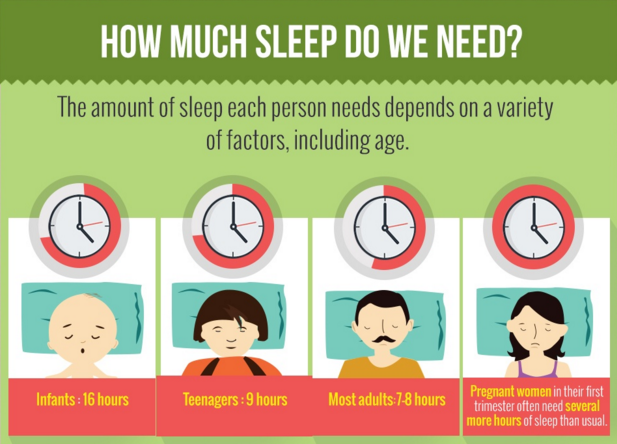 nine0002
nine0002
Gaba action on the body:
- Helps to calm and relax
- controls “panic” conditions associated with anxiety
- reduces muscle tone
- Reduces
- reduces muscle cramps
- normalizes blood pressure
- helps control anxiety
- promotes quality sleep
- reduces blood sugar
- improves general immunity
- accelerates the recovery process after injuries
- improves sexual activity
GABA drugs are used to treat mental retardation, cerebral palsy, post-stroke conditions, and also restore brain function after injuries. Taking GABA supplements is appropriate for high mental, physical and psychological stress. They help to normalize the work of the brain, cope with stress. nine0004
GABA for athletes
Many professional athletes today recognize the benefits of GABA for athletic performance. The advantage of sports nutrition based on it is high efficiency in the absence of a hormonal component.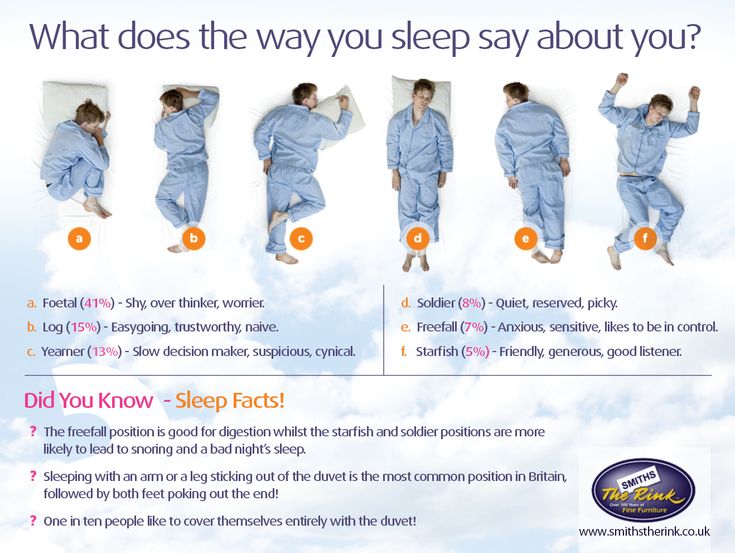 Acting on the anterior pituitary gland of the brain, GABA stimulates the production of growth hormone, which increases the growth of muscle tissue and reduces the percentage of body fat. This is especially important for bodybuilders and athletes. nine0004
Acting on the anterior pituitary gland of the brain, GABA stimulates the production of growth hormone, which increases the growth of muscle tissue and reduces the percentage of body fat. This is especially important for bodybuilders and athletes. nine0004
The Advantages of the Subtrade for athletes:
➦ Increases the growth of the growth hormone by 4-6 times, being a safe alternative to steroids
➦ stimulates the production of somatotropin even after training
➦ participates in the process of fat burning, contributing to a faster drying
➦ helps to quickly achieve a beautiful relief body
➦ normalizes the functioning of the nervous system
➦ eliminates insomnia, improves sleep
➦ accelerates recovery after injuries: sprains and sprains.
GABA supplements are consistently in high demand among professional athletes and amateurs, which is the best confirmation of their high effectiveness. Single negative reviews are associated with the incorrect use of drugs with GAB or a violation of the training process.
It is important to remember that all dietary and sports supplements are taken in a certain dosage, courses, after consultation with a doctor.
nine0005 Gamma aminobutyric acid (GABA) deficiency symptomsGABA is synthesized naturally by the body. When its level in the body is sufficient, we experience peace and well-being. With a deficiency of GABA, there is an imbalance between the processes of excitation and inhibition, which leads to disturbances in the functioning of the nervous system: from increased anxiety and irritability to insomnia. Low levels of this neurotransmitter cause difficulty falling asleep despite being tired, as well as restlessness, recurring muscle or neuropathic pain, and a tendency to be irritable. In children, this manifests itself in the form of hyperactivity, attention deficit disorder, problems with perseverance and attention. nine0004
here are some of the symptoms indicating a margin of the margin:
✔ Nervousness and inability to concentrate
✔ periodically arising tremor
✔ Frequent difficulties with breathing
✔ Strong sweating
✔ Fatigue even after a good night sleep
✔ mood swings
✔ mental confusion
The most severe case, which is associated with a lack of γ-aminobutyric acid, is epilepsy. This neurological disease is caused by the fact that as a result of malformations or brain tumors, a huge wave of excitation periodically occurs in some of its areas (most often in the local area), which leads to an epileptic seizure. Using preparations containing GABA, it is possible to enhance the work of the GABA system by suppressing the activity of the excitatory neurotransmitter. nine0004
This neurological disease is caused by the fact that as a result of malformations or brain tumors, a huge wave of excitation periodically occurs in some of its areas (most often in the local area), which leads to an epileptic seizure. Using preparations containing GABA, it is possible to enhance the work of the GABA system by suppressing the activity of the excitatory neurotransmitter. nine0004
Deficiency cases for which GABA is recommended:
✔ Trouble falling asleep due to nervousness and anxiety
✔ Inability to relax
✔ Constant feeling of physical tension
✔ Feeling physically tense
✔ Mood disorder 00-disorder
How to increase the level of Gamk?
In a healthy body with a balanced diet and proper lifestyle, the production of gamma-aminobutyric acid is regulated independently, but bad habits, stress and certain diseases can provoke its deficiency. GABA is naturally present in plants, but it is primarily synthesized endogenously by our body from glutamic acid.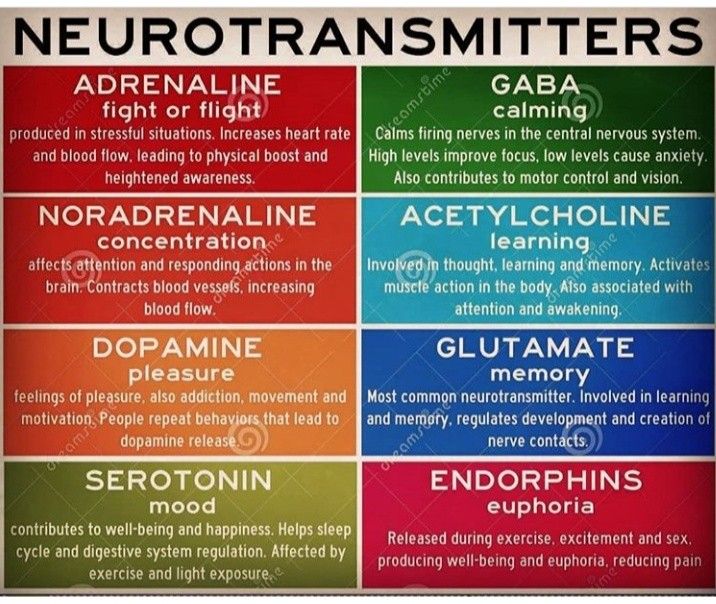 nine0004
nine0004
To restore the GABA balance in the body, the consumption of food or special supplements containing gamma-aminobutyric acid, as well as glutamine, since GABA is its derivative, will help. This substance is found in animal proteins: eggs, white meat, legumes such as lentils or chickpeas, leafy vegetables such as spinach and parsley. And to turn it into GABA, it is important to take supplements with vitamin B6 and magnesium.
Some plant extracts may also interfere with GABA production. For example, lemon balm is a transaminase inhibitor, and consuming it increases GABA levels in the brain, as it will be less degraded. GABA stimulants include: inositol, glutamic acid, melatonin (at night), thiamine (vitamin B1), niacinamide (vitamin B3), pyridoxine, valerian, passionflower 200–1000 mg. nine0004
| Connection name | What contains |
| Inositol, a sugar normally synthesized by the body | fruits, vegetables, legumes, seeds, oilseeds |
| Branched-chain amino acids (leucine) nine0004 | turkey meat, spirulina, beans, pistachios, whey |
| Isoleucine | nuts of all kinds, seeds, lentils, rye, eggs, chicken |
| Valine | peanuts, mushrooms, soybeans, lupins, parmesan, all kinds of seeds nine0355 |
| Arginine | pumpkin seeds and peanuts |
| Coenzyme Q10 | spinach, broccoli and cauliflower |
| Ribose | mushrooms |
| vitamin C | Brussels sprouts, bell peppers and citrus fruits |
| All B vitamins, including B6. | nuts (especially walnuts), tomatoes, potatoes, cabbage, cereals, citrus fruits, berries |
The following measures will help stimulate the production of GABA:
+ good rest
+ breathing techniques to reduce stress
+ meditation practices
+ physical activity
What is GABA?
GABA is found naturally in foods such as chestnuts, potatoes, rice, astragalus, fresh leaves of selected teas from which natural GABA extracts are obtained.
It is also found in medications and supplements for anxiety, anxiety, blood pressure and sleep, and sports nutrition for athletes and bodybuilders. nine0004
Studies have shown that with long-term use of products and preparations with gamma-aminobutyric acid, it is possible to raise its level in the body to the optimum.
The most popular GABA supplements in Phytomarket
More items in Vitamins for the nervous system!
GABA in food
Foods rich in gamma-aminobutyric acid include:
| Foodstuffs | Quantitative content of GABA per 100 g |
| Gaba tea | 150-400 mg |
| Tomatoes (depending on variety), sauerkraut, fermented soybeans nine0355 | to 63 mg |
| Germinated rice, especially anoxic fermented in nitrogen | 25. |
| Eggplant | 20 mg |
| Potato | nine0350 |
| Grapefruits | 23 mg |
| Peaches | 13 mg |
| Kiwi | 11 mg |
| Oranges | 11.5 mg |
| Carrot | 10 mg |
| Shiitake mushrooms | 8 mg |
| Green soybeans nine0355 | 6 mg |
| Beets | 4 to 8 mg |
Based on this table, we can conclude that the most complete natural source of GABA is Gaba tea.
Gaba tea as a source of acid
Gaba Tea is a unique product produced in the north of Taiwan.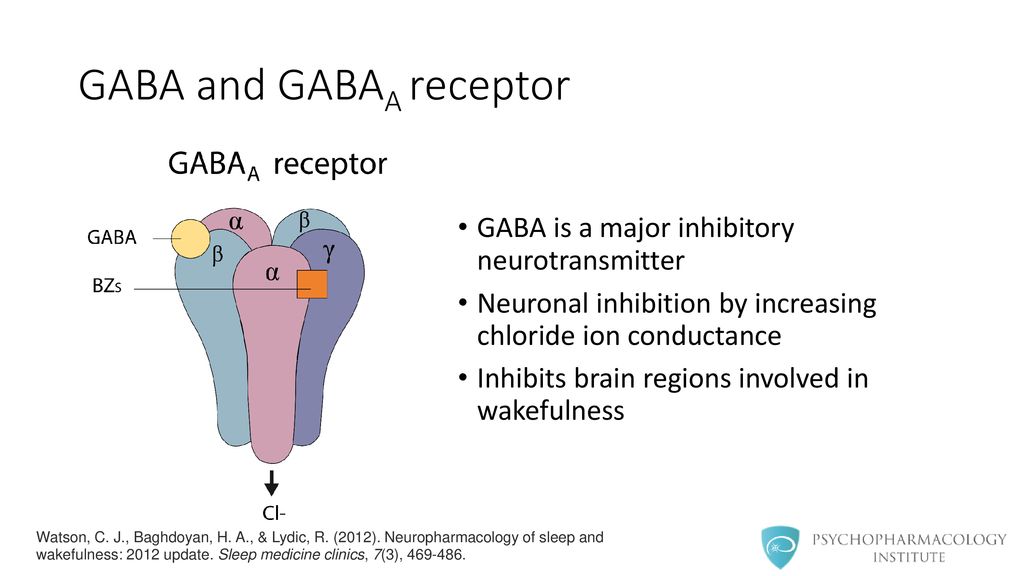 Now he is at the peak of popularity. Due to its richness in GABA molecules, it has a large list of benefits for human health. Among them: support for memory, relaxation, fighting stress and depression, building muscle mass and delaying aging. Studies have shown that regular consumption of Gaba tea helps reduce blood pressure, boost immunity, and improve sexual function. nine0004
Now he is at the peak of popularity. Due to its richness in GABA molecules, it has a large list of benefits for human health. Among them: support for memory, relaxation, fighting stress and depression, building muscle mass and delaying aging. Studies have shown that regular consumption of Gaba tea helps reduce blood pressure, boost immunity, and improve sexual function. nine0004
Gaba is not a type of tea, but a special technology of oxygen-free fermentation, which releases gamma-aminobutyric acid. The origins of this unusual drink are the Japanese. In the late 1980s, a team at the National Tea Experiment Station, led by Dr. Tsushima Tojiro, experimentally determined that fresh tea leaves release large amounts of GABA during fermentation in the absence of oxygen.
Unlike synthetic GABA, which hardly crosses the protective blood-brain barrier to reach the brain, the natural tea leaf's gamma-aminobutyric acid is thought to be much better absorbed. nine0004
Today, Taiwan is the world's largest producer and supplier of Gaba tea.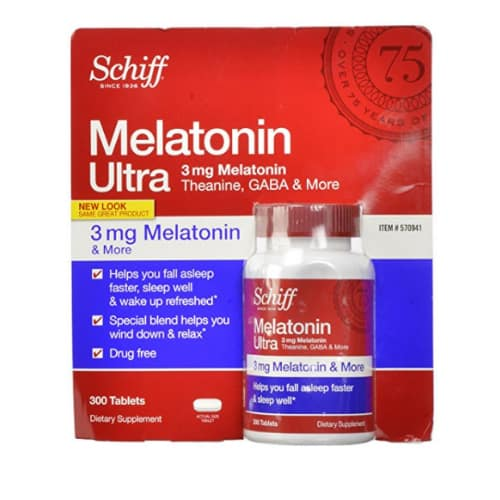 The delicious taste, as well as the extraordinary health benefits, have earned Taiwanese Gaba tea a prominent place in catalogs of exceptional teas.
The delicious taste, as well as the extraordinary health benefits, have earned Taiwanese Gaba tea a prominent place in catalogs of exceptional teas.
How much Gamma in tea?
The largest plant source of GABA is the Taiwanese version of Oolong tea. 100 g of the product contains 150-400 mg of gamma-aminobutyric acid.
How is Gaba tea made?
High quality fresh leaves are used in the production, which are placed under vacuum in sealed bags and kept at a temperature of at least 40 ˚C for about 8 hours. Then they are taken out into the air and shaken thoroughly for several minutes. This cycle is repeated 5 times with slight variations in air exposure time between vacuum steps. This anaerobic reaction develops the natural potential of gamma-aminobutyric acid in the leaves, and also provides a rich fruity taste of tea: baked apple with hints of cinnamon and nutmeg. nine0004
How to brew Gaba tea?
To make Gaba tea not only healthy, but also tasty, you need to brew it properly.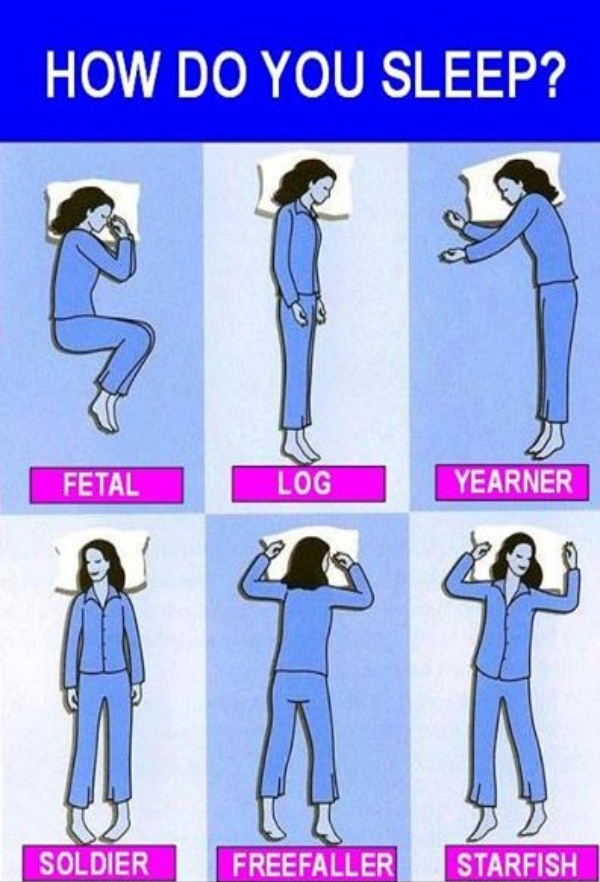
Proceed as follows :
- Boil water
- Preheat the kettle with hot water
- Put 7 grams of tea (approximately 1.5-2 tablespoons), pour hot water and immediately drain (rinsing tea) 9010 2 again and wait about 10 seconds
- Repeat the previous step several times, increasing the steeping time by 10-20 seconds. nine0012
How to take for sleep?
As a remedy for insomnia, Gaba tea is best consumed at least 2-3 hours before bedtime.
How to take GABA supplement
The positive effect of GABA intake is observed when taking at least 2g / day after about a week. It is recommended to start with 0.5 g - 1 g per day, gradually increasing the dose to 4 g. Small doses of the supplement do not work, since only a small part of the substance penetrates the brain. nine0004
It is best to take a GABA supplement before bed or after training on an empty stomach with water or juice, but not in the morning, as this may affect performance.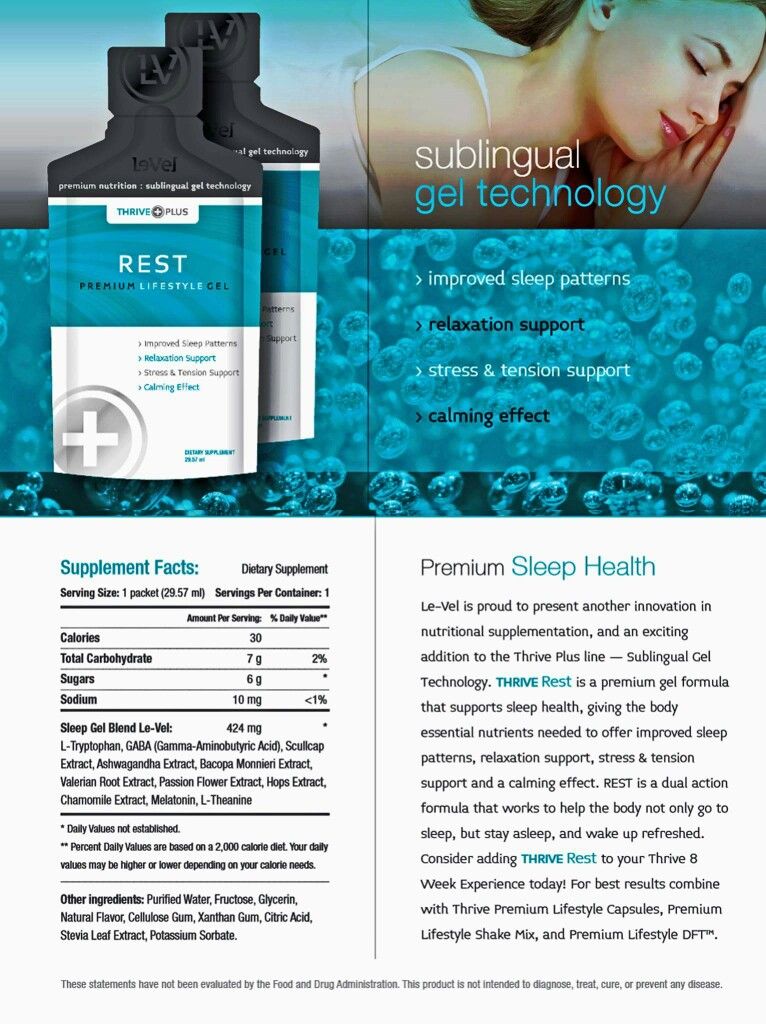 The course is at least 1 month. A break while taking GABA is not regulated.
The course is at least 1 month. A break while taking GABA is not regulated.
It is desirable to combine the use of GABA with the intake of vitamin B6. In case of its shortage, sleep disturbance, nervousness and other unpleasant symptoms may occur. In addition to B6, GABA can be taken along with 5-HTP, as well as magnesium and zinc, which are responsible for activating GABA receptors. nine0004
Side effects of GABA
GABA has very few side effects. In very rare cases, tingling on the skin may be felt, even less often: nausea, vomiting, insomnia, fluctuations in blood pressure (during the first days of treatment), dyspepsia, hyperthermia, a feeling of heat. Such side effects may be associated with individual intolerance.
On the other hand, concomitant use of GABA and anxiolytics may be associated with an increased risk of sedation, so it is important to consult your doctor beforehand. nine0004
Overdose of drugs that inhibit GABA reuptake can cause an excess of GABA, which is manifested by neurological and psychiatric symptoms: memory loss, convulsions, hallucinations and cognitive impairment.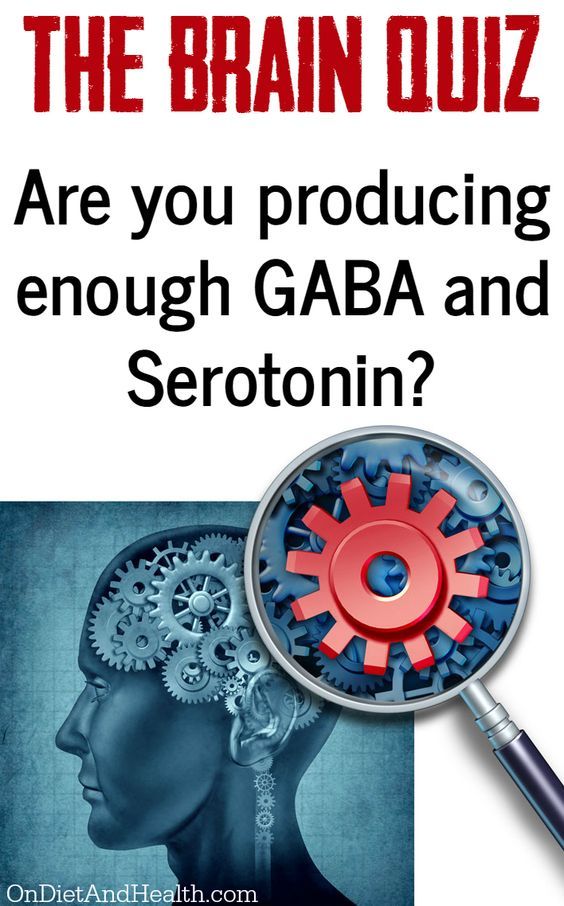

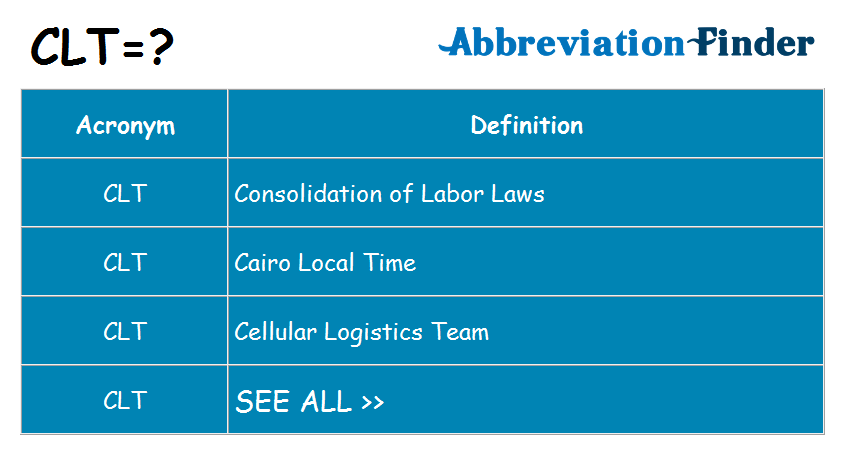 9 mg
9 mg 